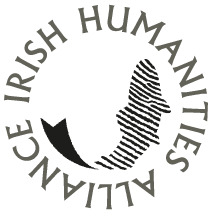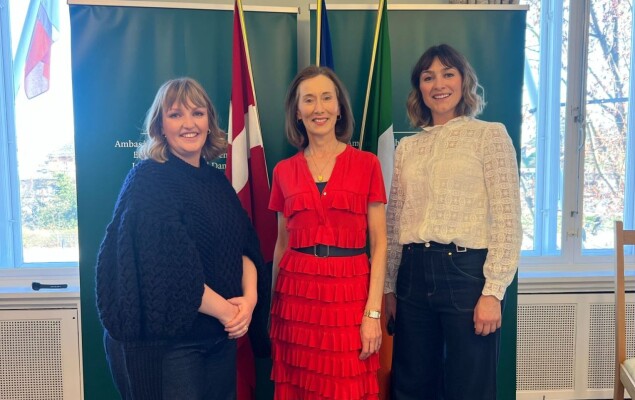
Visual and Material Culture
Desert Island Dress: The Stories Behind the Clothes We Wear
Published: 8 Dec 2025
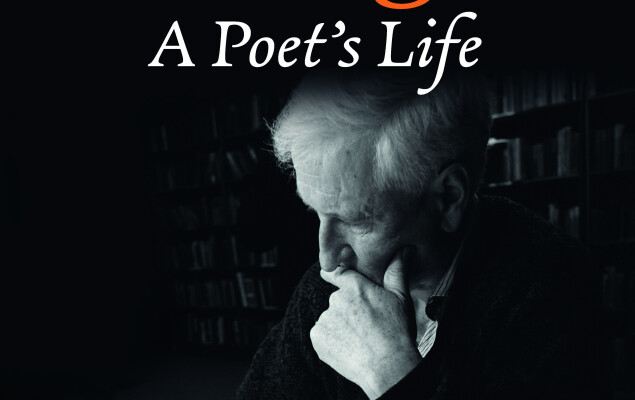
Irish Literature
Adrian Frazier, John Montague: A Poet’s Life (Lilliput, 2024)
Published: 26 Nov 2025
Event review
Feeding the Soul: Transnational Narratives of Food and Belonging
Published: 11 Nov 2025
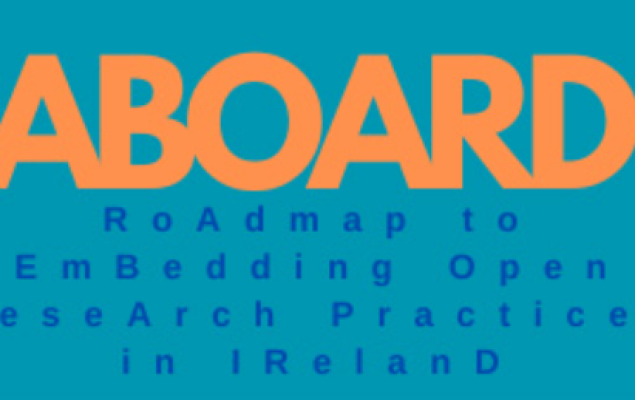
Digital Humanities
Is the Irish Research community “ready” for Open Research practices and Responsible Research Assessment?
Published: 16 Oct 2025
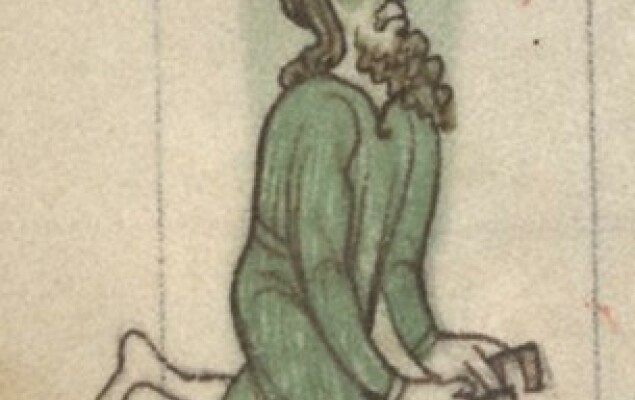
Emerging Scholars
The Good, The Bad, and The Blemished: Disability Terminology in Medieval Ireland
Published: 25 Sept 2025
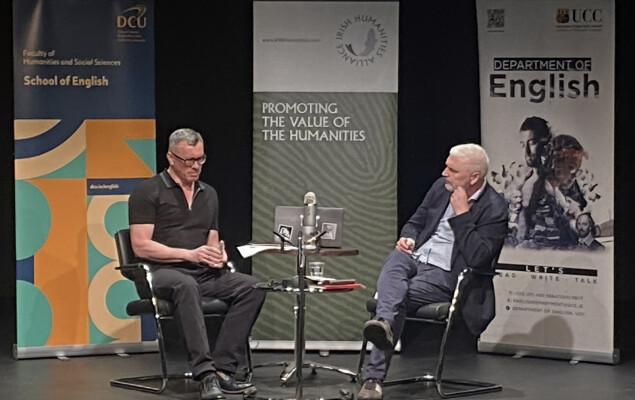
Legal Humanities
Antigone and Ireland at the Peacock Theatre: Event overview
Published: 17 Jun 2025
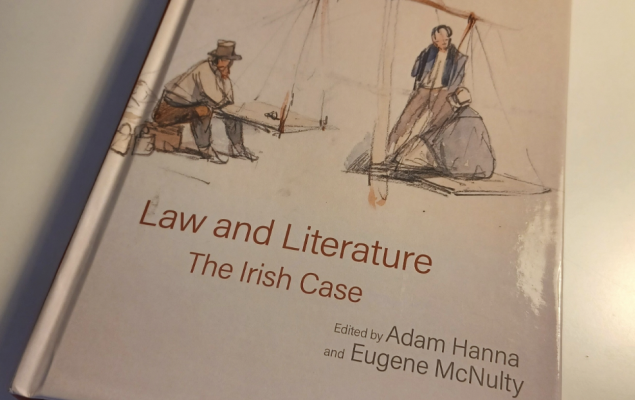
Legal Humanities
The Legal Humanities Working Group: An Introduction
Published: 25 Feb 2025

Born to Belong: The Origins and Impacts of US Birthright Citizenship
Published: 13 Feb 2025
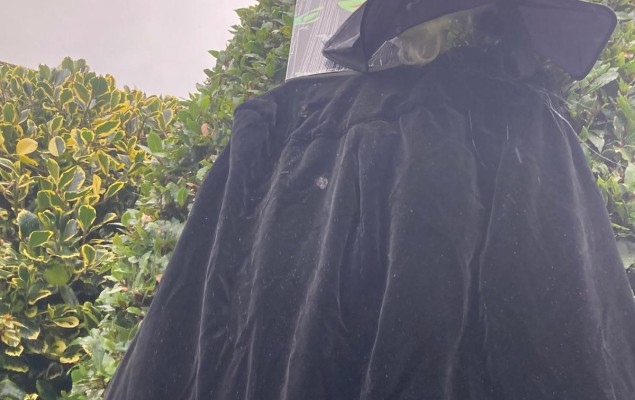
The Green Credentials of the Wicked Witch of the West: An Ecocritical Perspective on Wicked (2024)
Published: 9 Dec 2024
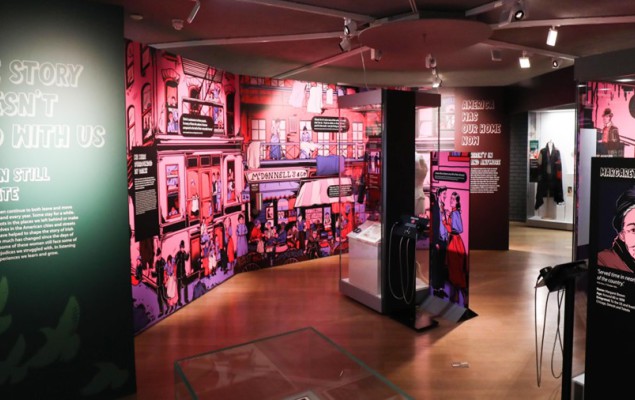
Exhibiting Bad Bridget
Published: 16 Sept 2024
